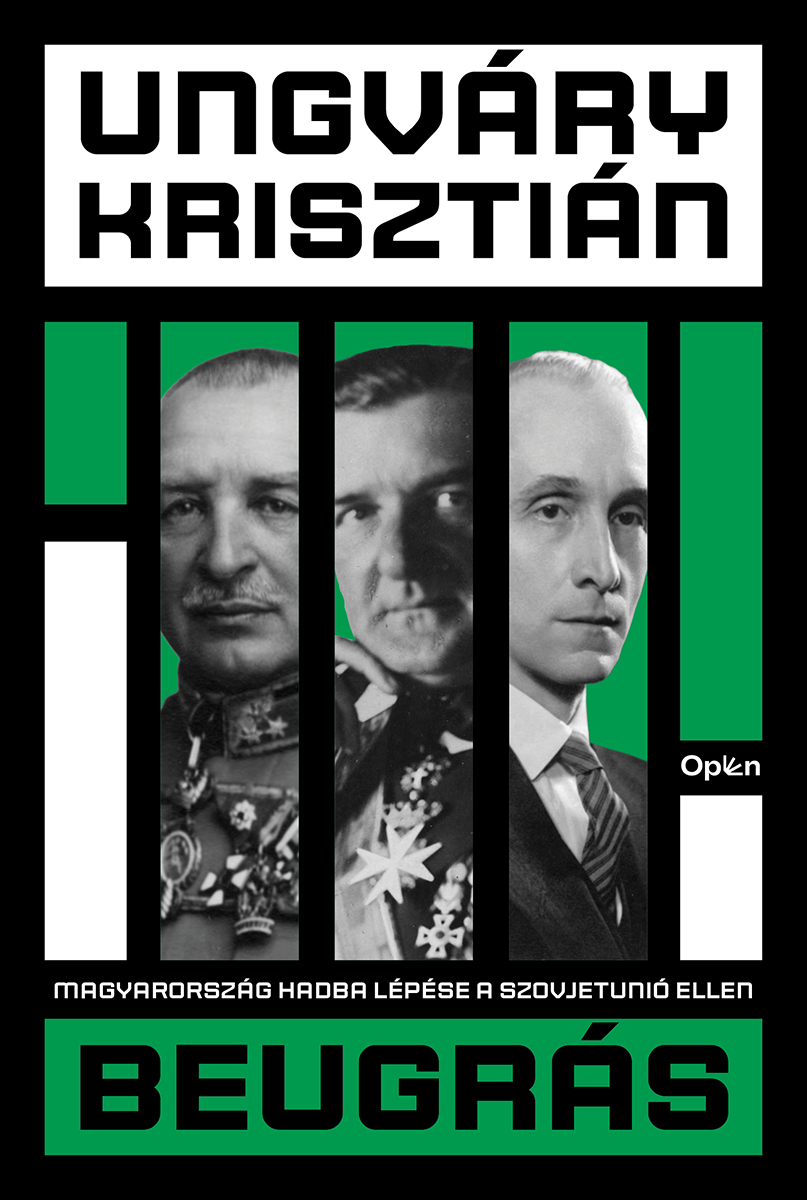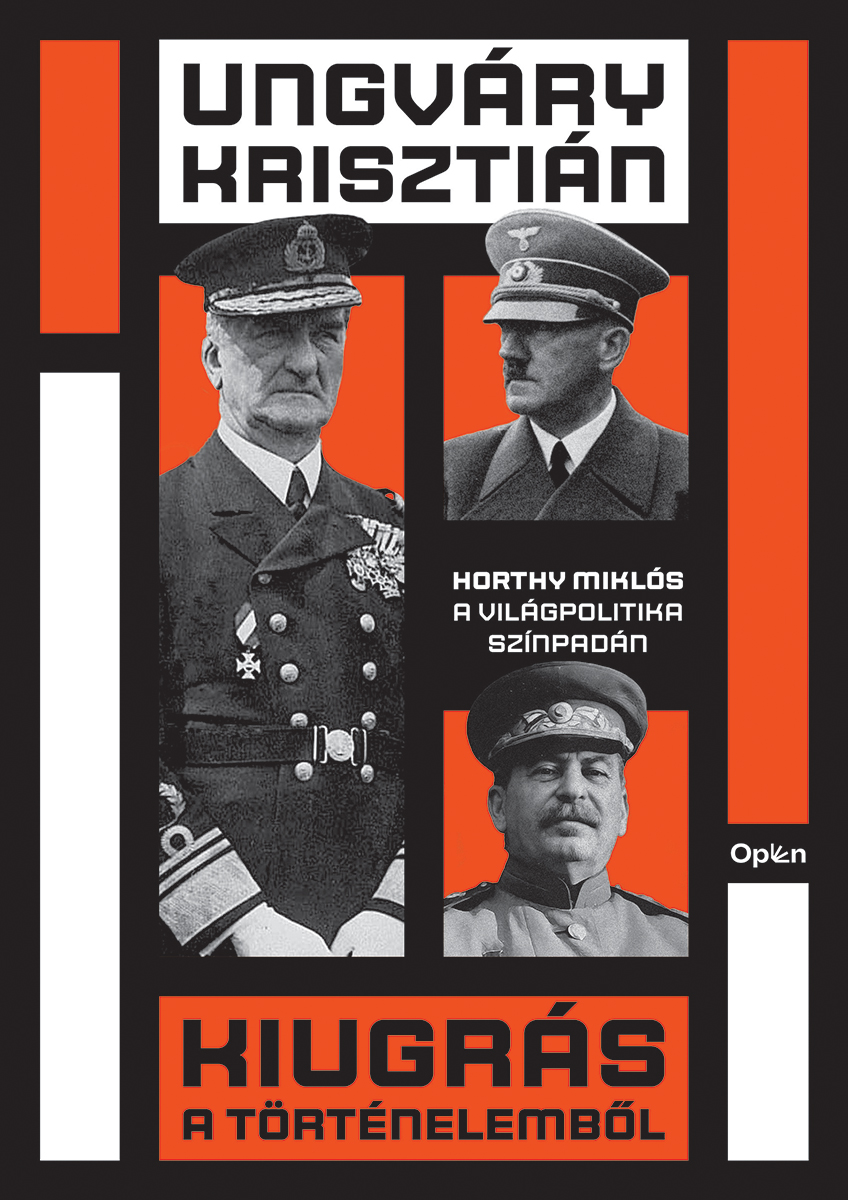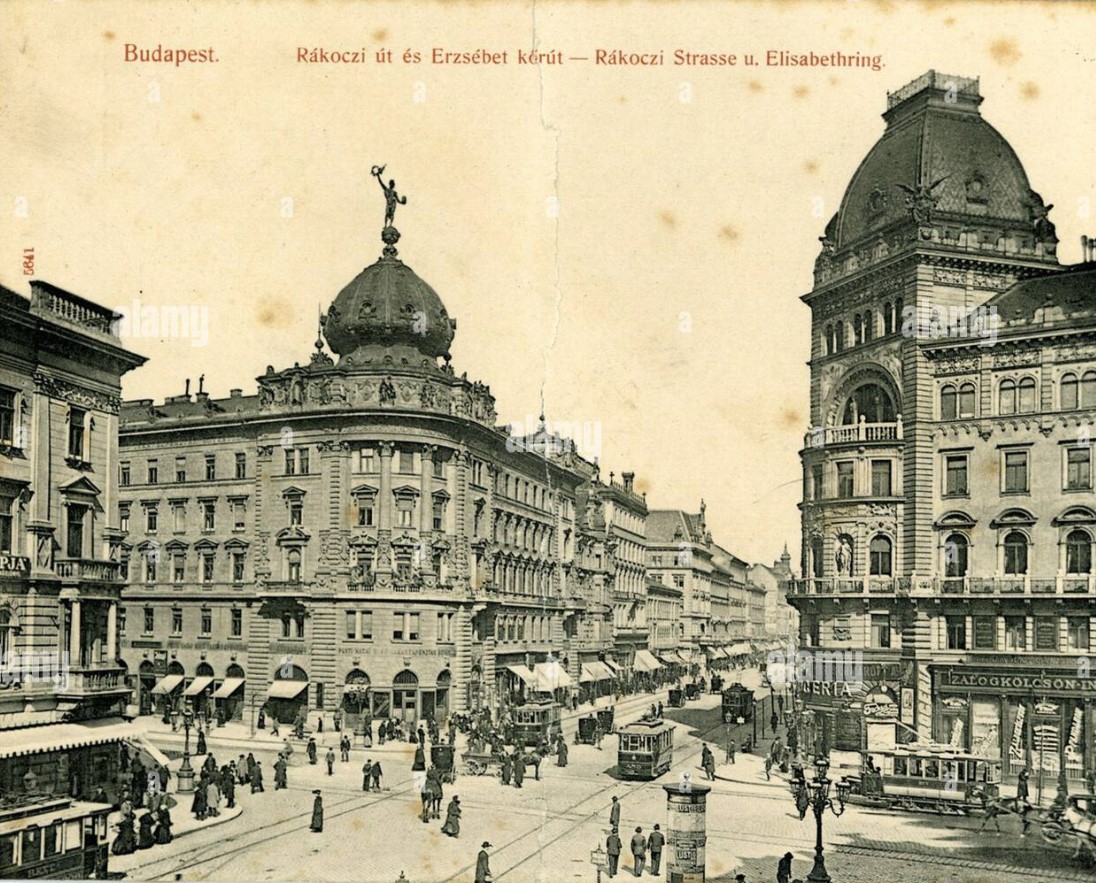Why I read history books
Marton Trencseni - Mon 09 December 2024 - Meta
Introduction
Studying history is not just studying what actually happened — it is also about understanding potential alternative outcomes at key junctions and seeing how leadership, decisions, and chance shape nations’ fate. Few histories illustrate this better than Hungary’s involvement in World War II. By examining two pivotal moments — Hungary’s entry into the war and its later attempt to exit from the Axis, through two recent books by Krisztián Ungváry’s, Beugrás and Kiugrás — we can gain insight into the weight of decisions made under pressure, and how different courses of action might have changed Hungary’s outcomes.
This reflective process can be likened to “political backtesting,” a concept borrowed from data science and algorithmic trading. Just as one tests financial strategies against historical data, we can assess today’s political climate by comparing it to past patterns. When we look at Hungary’s 20th-century experiences, it is a repeated pattern of mostly poor leadership living in a fantasy bubble, miscalculated alliances driven by irredentism and the repeated inability to seize opportunities. These historical lessons also influence my personal perspective on where I choose (not) to live. After all, if past decades and centuries repeatedly show that the country fails to foster stable, forward-looking governance, it is worth reconsidering whether better alternatives exist abroad, where one can build a future for their children and build independent wealth to protect against negative shocks.
Entering the Second World War: Beugrás
In June 1941, a bombing of the city of Kassa led Hungary into war against the Soviet Union. This event, as historian Krisztián Ungváry’s work Beugrás – Magyarország hadba lépése a Szovjetunió ellen details, was no inevitable necessity, but rather a decision made under murky circumstances. Ungváry’s research challenges the notion that Hungary’s entry into the war was forced by immediate threats. Instead, he shows that while Germany discouraged Hungarian involvement at first, Hungary’s leadership — particularly Regent Miklós Horthy and Army Chief of Staff Henrik Werth — seized upon the Kassa bombing as a pretext to join the conflict. This choice, driven by a blend of overconfidence, miscalculation, and anachronistic notions of “honor,” set Hungary on a path with disastrous consequences.

Ungváry’s investigation reveals a hasty plunge into war. Unlike the long deliberations before World War I, the decision to confront the Soviet Union came swiftly, within a few hours. The Kassa raid served as an excuse rather than a genuine casus belli. Horthy’s malleability, exploited by his generals, and the absence of careful, constitutional decision-making contributed to Hungary entering the war far more eagerly than the complex situation demanded. In short, Beugrás shows how a misjudged move, stemming from poor leadership and a flawed understanding of the strategic picture, locked Hungary into a fatal alliance and foreclosed other futures.
Attempting to exit: Kiugrás
If entering the war was a mistake, the attempt to exit—known as “Kiugrás”—was a missed opportunity that could have dramatically altered the course of events. In his book Kiugrás a történelemből – Horthy Miklós a világpolitika színpadán (Breaking Out of History – Miklós Horthy on the World Stage), Ungváry examines the events of October 15, 1944, when Horthy and his government tried to break from the Axis and seek an armistice. Unlike the earlier decision to enter the conflict, this was a moment when Hungarian leaders actually had a chance to shorten the war and spare the country from further devastation.

Ungváry argues that if the breakaway had succeeded, World War II might have ended at least three months earlier. This earlier end could have prevented many tragedies, including the prolonged terror in Budapest and the continued oppression of local populations. Instead of a clear, firm break, Horthy hesitated. His announcement and subsequent backtracking undermined the credibility of the armistice, confusing both the Hungarian army and the public. The result was a half-hearted attempt that accomplished little. Germany retained its grasp on the region’s vital resources — especially Hungarian oil — and the war dragged on, costing countless additional lives and resources.
The “what if” scenario Ungváry presents shows that Horthy’s lack of resolute leadership at this critical juncture had direct, measurable consequences. An earlier breakaway could have reshaped territorial outcomes, spared Hungarian Jews from further atrocities, and prevented the city of Budapest from enduring a grueling siege. Yet, as Ungváry emphasizes, historical counterfactuals only highlight the possibilities that leaders failed to seize. Even so, studying them illuminates the historical responsibility individual actors bear, demonstrating how pivotal a single decision-maker’s resolve can be.
Takeaways
Taken together, the lessons from Hungary’s hurried entry into World War II and its botched attempt to exit that same conflict reveal far-reaching truths about how leadership, accountability, and missed opportunities intertwine to influence a nation’s fate. The country’s destiny, at these critical junctures, depended almost exclusively on the actions of a small number of individuals who, like Horthy then and Orbán now, had grown insulated by their lengthy tenure in power and begun to see themselves as inherently superior to the populace they governed. Over time, they inhabited a fantasy bubble of their own making, one in which opposition was muted, constructive criticism dwindled, and credible, dissenting voices willing to challenge the status quo either fell silent or were sidelined. Without a fresh influx of talent or perspective, these leaders lost the essential ability to anticipate and mitigate harmful outcomes, allowing overconfidence to guide their judgment.
In such an environment, they gambled the country’s future on illusions of honor, prestige, or strategic brilliance that simply did not match the reality at hand. They failed to recognize that windows of opportunity are never open indefinitely, and when they missed these crucial moments to either refrain from hasty military engagements or extricate themselves from disastrous alliances, they locked their nation into a trajectory of long-term suffering and decline. This failure to grasp fleeting chances led not only to immense loss of life and material resources, but also to a reshaping of borders, alliances, and entire political orders, extending the consequences of their decisions decades into the future. In reflecting upon hypothetical scenarios—on what might have happened had leaders acted differently—we become acutely aware of where responsibility truly lies. Counterfactual thinking strips away the veneer of inevitability, exposing the heavy price paid for misguided convictions and self-serving fantasies. By understanding what might have been, we clearly see who held real power, who chose reckless courses, and who bore ultimate responsibility for inflicting needless hardship upon millions.
These insights matter today because they are not confined to academic debate or archival research; instead, they provide a template for understanding how patterns of misrule can repeat themselves. As I “backtest” current political conditions against these historical examples, I see that leadership cycles defined by insularity, arrogance, and a lack of meaningful accountability persist — if anything, they have grown subtler, yet no less damaging. Living in a country trapped in such a pattern means accepting that your future could be shaped by leaders locked in their own fantasies, incapable of facing reality and heeding independent counsel. From this vantage point, I understand precisely why I have chosen not to remain in Hungary: it is an environment where entrenched political illusions continuously override good judgment, and where the promise of a more stable, prosperous path forward is routinely squandered. It is not merely the past that weighs on my decision, but the realization that without a fundamental shift in how power is checked and talent cultivated, the same mistakes will be made again and again—ultimately, at everyone’s expense.

My favorite mental “backtest” is to ponder the following: in the past 150 years, was there ever a time when it was a good idea to be 20 years old in Hungary, because the next 50 years was a stable era with relative prosperity and economic growth that did not funnel into a catastrophe?
Conclusion
By studying Hungary’s entry into World War II and its failed attempt to break away from it, we learn that history is not a predetermined script. Complex factors — leadership character, diplomatic skill, the timing and clarity of decisions — matter enormously. Ungváry’s work reminds us that understanding history involves pondering not only what happened, but also what could have happened.
In essence, studying these two pivotal moments offers lessons that remain valuable today. It teaches us the importance of critical thought, moral courage, and strategic foresight in leadership and personal decision-making alike, reminding us that at every historical turn, better alternatives might lie just out of reach—if only someone had taken them. It also validates the choice to seek conditions where such miscalculations are less likely to define one’s life, and where building a more stable, prosperous future becomes a reality rather than a mere historical counterfactual.
The practical implications are personal as well as intellectual. Faced with patterns of repeated misjudgment and poor governance — patterns confirmed by historical “backtesting” — I found it more promising to build my life where political, economic, and educational prospects are brighter. In doing so, I’ve applied the lessons of history to my own future, using the past as a guide to avoid settling in a place that shows few signs of overcoming its legacy of lost opportunities. And that influence and guidence for one's own decisions, that's why it's worthwhile to read history books!
I ❤️ studying Hungarian history, I just don't want to live there.